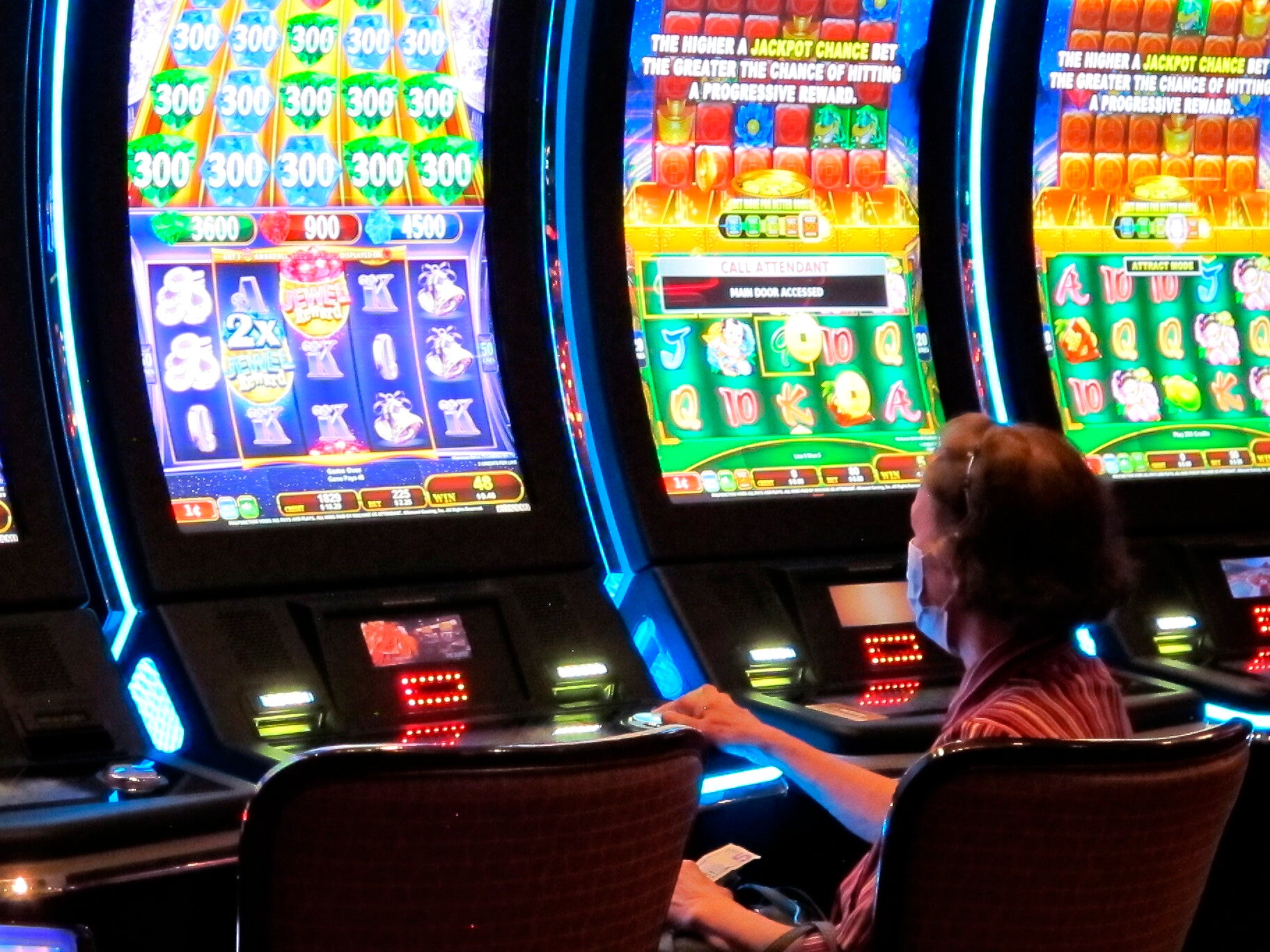‘I was going to end up in a grave’: Female gambling addict reveals how she bet her life away
‘On my dad’s deathbed, I swore to him I would never have another bet, but I still went and did it,’ Lisa Walker tells Maya Oppenheim


“I started gambling when I was eight years old,” Lisa Walker tells The Independent. “My dad was a compulsive gambler. I quite quickly became very good at playing cards. I was gambling for 37 years.”
Now 48, Ms Walker, who lives in Essex, says she managed to keep her gambling relatively under control until things began to fall apart when she hit 30.
“I realised I was quite good at poker in my twenties and would go to local casinos in Southend,” Ms Walker says. “When I was 29, I got dealt a royal flush and won over £127,000 on one game of cards. It was the worst day of my life.”
Ms Walker said gambling started to take on a bigger and bigger role in her life from that moment onwards and she wound up putting the £127,000 straight back into gambling.
Her comments come as data, shared exclusively with The Independent, shows the national gambling helpline has seen its sharpest rise in women seeking help for their gambling addictions during the pandemic.
GamCare, the charity behind the helpline, has reported that the amount of women who report struggling with a gambling addiction has increased at double the rate of men in recent years, yet just one per cent of women who are suffering from gambling-related harm get in touch with its helpline.
“I was gambling every day for 15 years,” Ms Walker adds. “I was betting on anything – my local dog track in Romford, local casinos, bookmakers, bingo halls. Most of the time, I was on my own. I tried to keep it a secret from everyone. In 2012, I stood up in Romford county court and declared myself bankrupt. I didn’t tell any family and friends what was going on.”
Ms Walker’s gambling addiction got so bad she was forced to remortgage her house three times, and moved into a hostel with her two children, 10 and 11 years old at the time.
She said she would often do stints at the casino on a Friday and Saturday night, from 7pm through until 7am, and recalls staying up through her wedding night gambling in Las Vegas when she married there in 2018.
“Even managers of the casino in the UK said: ‘You have a huge problem, we want you to self-exclude’,” Ms Walker recalls. “I would lie to people. I said rent hadn’t been paid or the washing machine had broken. I’d ask my mum for money. Even on my dad’s deathbed, I swore to him I would never have another bet, but I still went and did it.”
Ms Walker explains that while it is often impossible for alcohol or drug addicts to hide their addiction due to them being visibly intoxicated, compulsive gambling is far easier to hide from others.
“It was such a buzz when you win,” she says. “It was probably like taking drugs. No matter how much money I would’ve won – even if it was a million – I would’ve continued to gamble. I borrowed £2,000 off my son to pay off a payday loan debt but I spent £2,000 in 35 minutes on fixed odds terminal roulette.”
Sat in Tesco car park on her own, it was at that moment that she realised it was time to stop and contacted Gambler’s Anonymous.
“I thought: What are you doing? I thought it was going to be me taking my own life and I was going to end up in a grave because of gambling. I have now been gamble free since April 2018.”
There is still such a taboo surrounding gambling, and gambling addiction, that it prevents other women in similar positions from seeking the help they need, she says.
“There is such a big stigma around gambling. If you walk into a bookmaker, a dog track or a casino, you will find mostly men. Whereas a lot of women gamble online, in secret, where nobody can see them. So many women out there feel alone. I want to say: you’re not alone.”
Ms Walker cites Gamstop, a site which allows people to ban themselves from online gambling, as having played a massive role in her recovery. She now spends her time helping others grappling with gambling addiction.
Anyone concerned about their own gambling or their loved one’s gambling can contact the national gambling helpline by calling them for free on 0808 8020 133 which is open 24 hours a day, seven days a week. GamCare also runs a women’s online group chatroom on Saturdays from 6.30-7.30pm. Find out more here.


Join our commenting forum
Join thought-provoking conversations, follow other Independent readers and see their replies
Comments